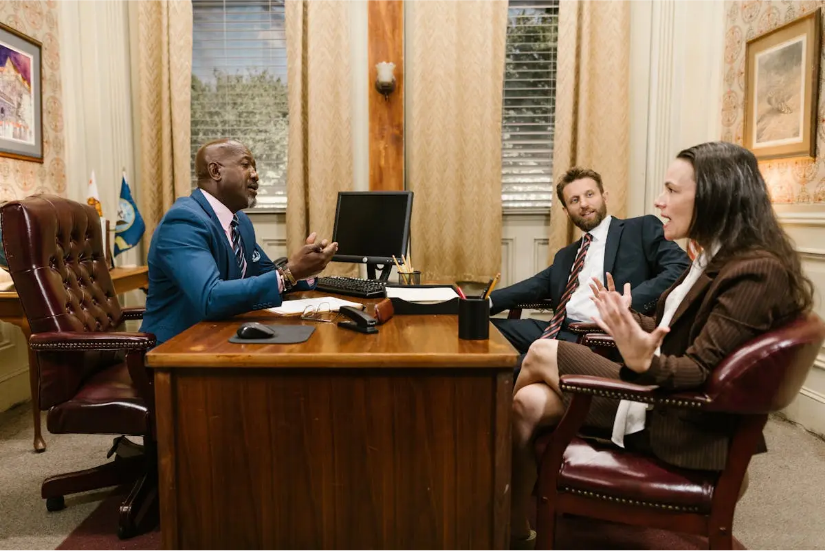Dealing With “I Don’t Recall” In Written Discovery

Dealing With “I Don’t Recall” In Written Discovery
Steven McLellan
Attorneys fret when receiving an “I don’t recall” answer in deposition and try to ensure the witness cannot wiggle out of the response at trial. But what if you receive an “I don’t recall” in a written discovery response? Knowing the California Civil Discovery Act will help you prevent the other side from revealing new information at trial responsive to your discovery requests, can help bolster a claim for sanctions against the opposing party, and provide better insight to your client on the case.
First, courts have been clear that evasive answers like “I don’t recall” “are an open invitation to sanctions.” (Deyo v. Kilbourne (1978) 84 Cal.App.3d 771, 783 (“Deyo”) [citing Stein v. Hassen (1973) 34 Cal.App.3d 294, 300].)
Second, the discovery rules as to requests for admission and requests for inspection provide mechanisms to ensure the responding party does not ambush the request party in trial by an “I don’t recall” response. For requests for admissions, when the responding party states it does not recall, it must “state in the answer that a reasonable inquiry concerning the matter in the particular request has been made, and that the information known or readily obtainable is insufficient to enable that party to admit the matter.” (Code Civ. Proc., § 2033.220, subd. (c).)
Similarly, for requests for inspection, if the responding party states that it does not have documents or doesn’t recall any documents, the responding party must do two things: (1) it “shall affirm that a diligent search and a reasonable inquiry has been made in an effort to comply with that demand”; and (2) it must explain why it cannot comply, for example, “because the particular item or category has never existed, has been destroyed, has been lost, misplaced, or stolen, or has never been, or is no longer, in the possession, custody, or control of the responding party.” (Code Civ. Proc., § 2031.230.)
However, for interrogatories, the discovery statute does not require a statement of a good faith and reasonable effort to obtain a response. Instead, when a responding party “does not have personal knowledge sufficient to respond fully to an interrogatory,” then the responding party must so state–provided it has made “a reasonable and good faith effort to obtain the information by inquiry to other natural persons or organizations.” (Code Civ. Proc., § 2030.220, subd. (c).)
Yet the interrogatory code provision does not require the responding party to state it made the reasonable and good faith effort. This is problematic where, in California, no obligation exists to update discovery responses, unlike in federal courts. (Biles v. Exxon Mobil Corp. (2004) 124 Cal.App.4th 1315, 1328.) Further, in California, responses to interrogatories do not “prevent the defendant at the trial from relying on subsequently discovered facts [….] In fact, such answers would not even prevent production of facts now known to defendant but not included in the answers, upon a proper showing that the oversight was in good faith.” (Singer v. Superior Court of Contra Costa County (1960) 54 Cal.2d 318, 325.)
Interestingly, a court has held that just stating “inability to respond” is not actually a response. (See Sinaiko Healthcare Consulting, Inc. v. Pacific Healthcare Consultants (2007) 148 Cal.App.4th 390, 406 [“Defendants did not ‘respond’ to the interrogatories by stating that they were ‘[unable] to respond.'”].) Hence, without the responding party stating it made a reasonable and good faith effort to respond, the trial court may hold that there is no response, and deem waived any objections. (See id. at p. 407; Code Civ. Proc., § 2030.290, subd. (a).) So, the failure to include a statement can result in significant penalties against the opposing party. (See also Deyo, supra, 84 Cal.App.3d at p. 782 [“If a person cannot furnish details, he should set forth the efforts made to secure the information. He cannot plead ignorance to information which can be obtained from sources under his control.”].) So, responding parties should include a statement of reasonable and good faith effort to obtain the information despite the lack of a requirement in the statute.
Getting an “I don’t recall” in written discovery does not mean you should assume that the other side cannot change its response later. Instead, get the necessary qualifiers of a reasonable and good faith effort to lock in the other side and make them less credible if they try to change at trial. This is particularly important when the case is a “she-said she-said.” Further, it aids your client so that the facts are pinned down and you can provide a better evaluation and next steps to your client.










